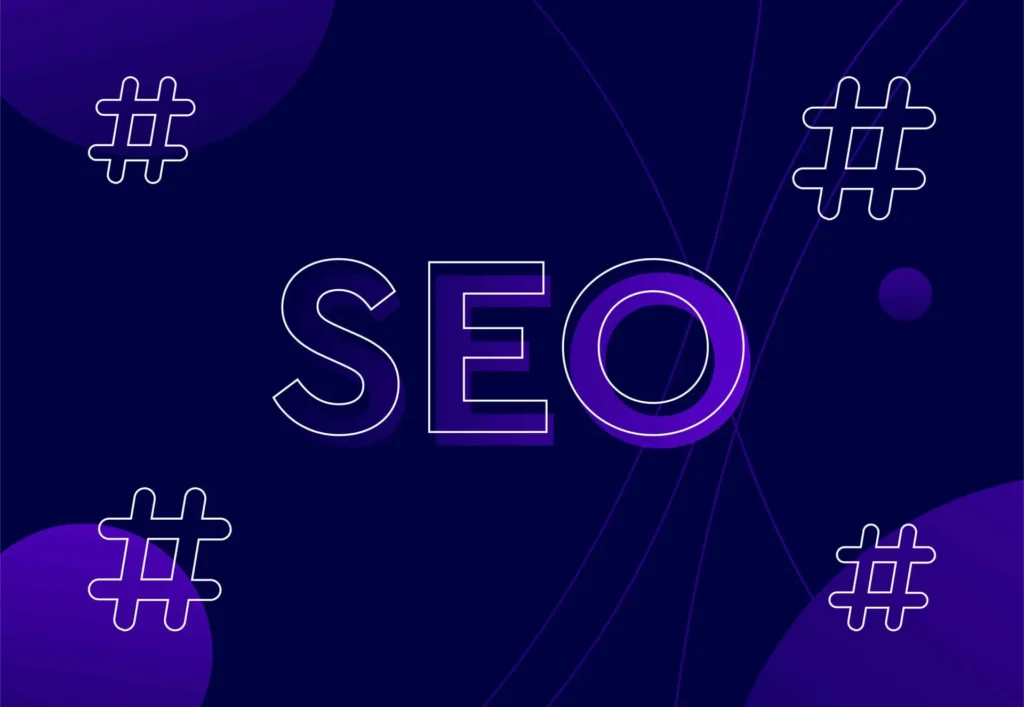
The key to SEO – user experience

Commonly in the world of Search Engine Optimisation (SEO), there is a misconception that it is purely about keywords and link building. This could not be further from the truth. Although keywords and link building is an important part of SEO, search engines consider user experience to be extremely important when ranking on search engine results page (SERP).
Google is rapidly changing and over the past few years, it is constantly looked to improve its users’ experience. To separate user-friendly sites from the poor ones, the search engines have made numerous changes to the SERPs and introduced strict algorithms. In order to keep up with these changing algorithms below, I will list only three key points to make your site more user-friendly.
Mobile Friendliness
Recent studies found that 52.2% of web traffic came from mobile users. If you are a website/business owner and you are ignoring mobile experience, then this could be very detrimental to your traffic and search engine rankings. When you are looking to optimise mobile user experience, do not just assume that it works, test your website on multiple devices, know how it all works. The key points to look at when trying to establish whether you have good mobile experience or not are:
- Do you have to readjust the screen size?
- Is the page as easy to navigate?
- Are images displaying correctly?
The last thing to mention about mobile-friendliness is load time. It has been found that over 35% of users will leave a mobile site if it does not load within three seconds. So, optimising these things will improve your SERP rankings.
When it comes to having a site that is easy to read and easy to navigate, not only does it impact user experience, it can also affect your conversion rate. In order to make a website easily readable and navigation-friendly, you need to focus on factors such as; Font (size, colour, styles), Backgrounds, Formattings, Language and writing styles.
Page speed
Page speed is the amount of time it takes a specific webpage to load, which is determined by many factors. A slow website can dramatically affect your SERP rankings. Here are a few things to consider when trying to optimise page speed:
- Firstly it is important to compress all images, as they can take up to over 50% of a page’s size.
- Secondly, compressing codes such as; HTML, CSS and JavaScript files.
- Upgrade Server Hostings
- Browser Caching
- Reduce External Plugins
Hopefully, we have demonstrated how important user experience is and how it affects your SEO, but also how these both hand-in-hand when creating a successful experience for both human visitors and search engines. If you would like to know more about improving your website, please feel free to get in touch today.



